Two years into the pandemic, but we still have not learned our lessons. Pandemic taught us to be careful, aware and well informed about the microorganisms that live with us in the same environment.
However, despite several science backed theories and research efforts to bring forward the mystery and unsolved questions around COVID, many of us prefer to believe the myths that have been spread all around about the infection, the vaccine and the treatment process.
Here are such common COVID myths which we need to stop believing right now:
COVID spreads rapidly during monsoon season
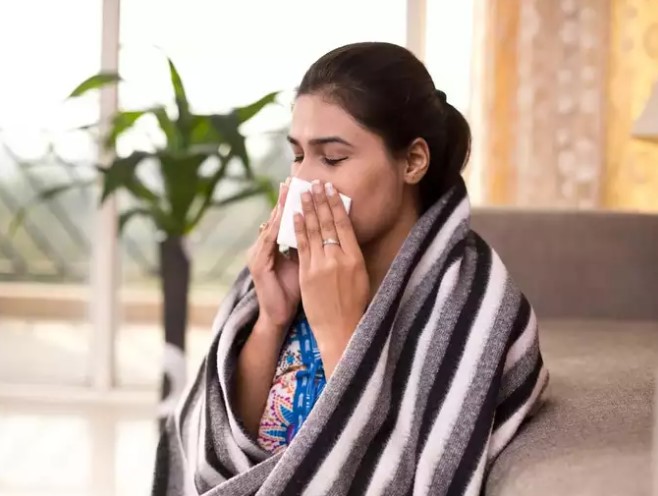
No, COVID spreads rapidly whenever it gets a chance to spread. COVID is not a seasonal infection.
The coronavirus which causes COVID is always on the hunt for a new host. The moment it finds a new host, it starts multiplying and spreading.
The number of COVID cases during the summer season, when the environment is hot and humid does not have any impact on the transmission of the infection. From the COVID infection data it can be seen that the number of active cases is independent of the climatic condition.
COVID vaccine is spreading monkeypox
Integrated and coordinated efforts needed for scientific innova...

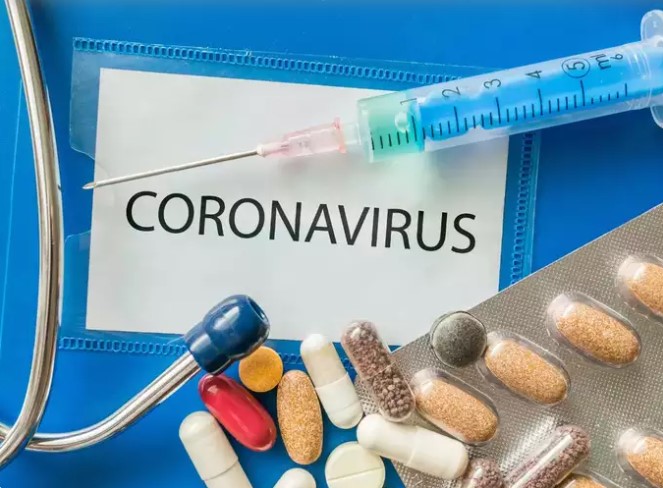
With the emergence of new infections, begins a series of rumors which are so twisted in their narration that an individual with average-knowledge will definitely believe it.
In June, a post circulated all over social media claiming that COVID vaccine is actually spreading monkeypox. The rumor said the chimpanzee adenovirus vector used in AstraZeneca’s COVID vaccine is behind the outbreak and the monkeypox is a side effect of the jab.
The truth is adenovirus and poxvirus are not the same. Though AstraZeneca uses a chimpanzee adenovirus vector in its formula, it has been mutated to prevent growing inside the human body.
Meat and fish spread COVID
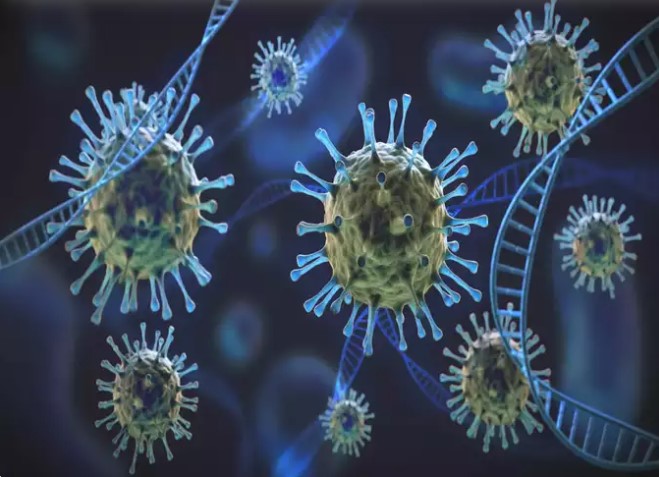
No! Meat and fish do not spread the viral infection.
Infact after a person recovers from the infection, it is recommended that they eat sufficient meat and fish in order to gain energy and be back to normal life.
However, meat and fish are potential carriers of microorganisms and pathogenic germs. If undercooked or eaten raw they can pose serious risk to human health.
Animals can spread COVID
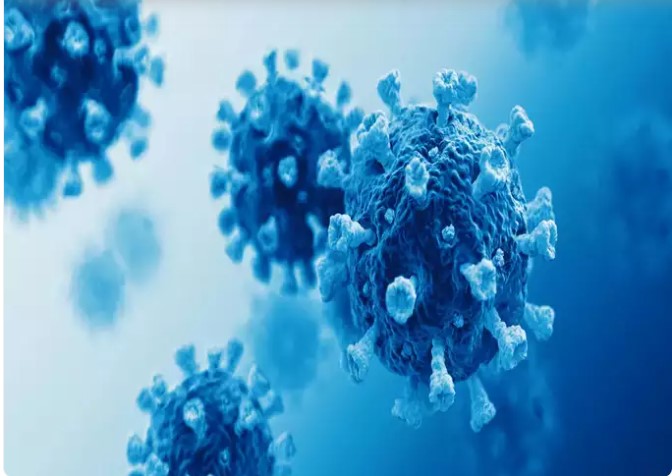
During the beginning of the pandemic, when COVID patients were ostracized by neighbours another rumor was spreading massively. This rumour was that animals, including wild ones and those domesticated, can spread the coronavirus.
Such claims have been made several times.
However, research does not support this claim. There is no sufficient evidence to prove this claim correct.
COVID vaccine is hokum

To this date, many people do not believe that COVID vaccine is actually safe and effective in protecting against the coronavirus.
COVID vaccine is partly the reason why mild cases were seen during the Omicron led third wave of COVID. It is also considered to be the reason why a drop in hospitalisation cases were seen during the third wave. It needs to be reiterated that hospital systems across the country had crashed during the devastating second wave of COVID which was caused by the Delta wave.
Having lots of herbs and spices can kill the coronavirus
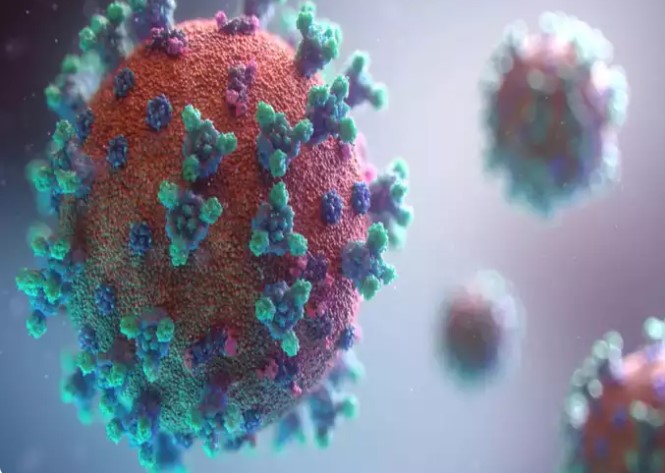
No! Herbs and spices are good for the human body. It aids metabolism, boosts immunity and helps in several other bodily functions.
However, the amount of herbs and spices that actually does good to the body is far lesser than what is actually consumed due to unawareness regarding COVID.
There is evidence where overdose of herbs have posed health risks to individuals.



































